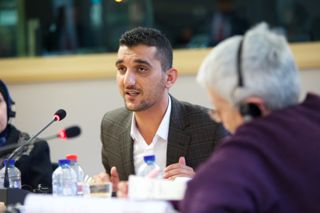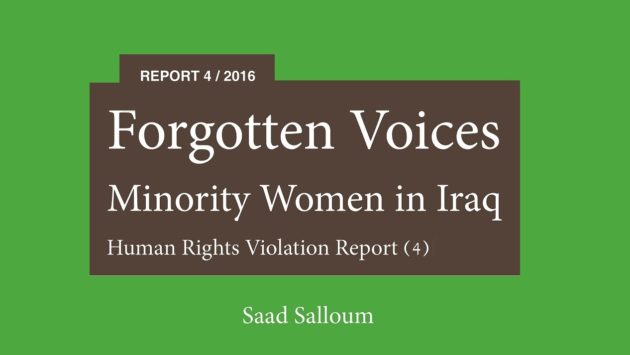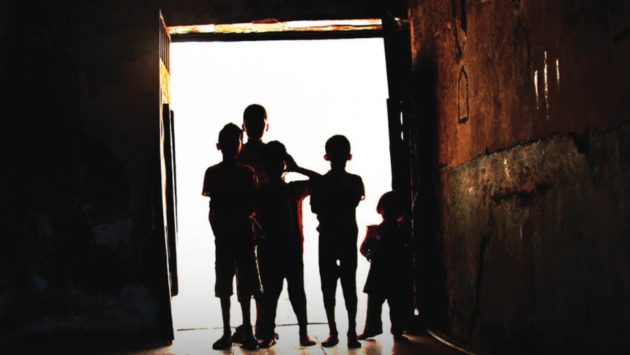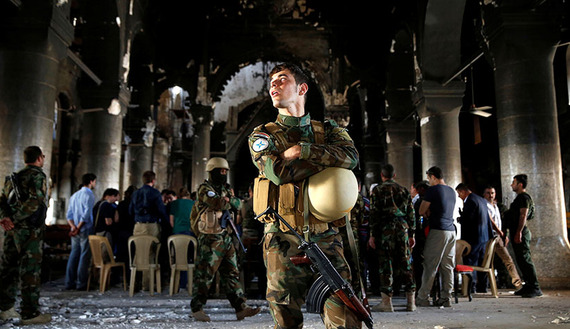Yazidis In Iraq: Current Situation, Priorities And International Solidarity Needed!
Husam Salim
Ezidi Solidarity and Fraternity League
Working paper dedicated for ICSSI Conference
Oslo – Norway – November 2014
On 3 and 7 August 2014, respectively, the towns of Sinjar and Ba’shiqa (where the majority of the inhabitants are Yazidi) fell under the control of Daesh. As a result, tens of hundreds of civilian residents were forced to flee their homes in fear. According to testimonies from survivors of this violence (interviewed in the city of Dohuk), Daesh killed and executed thousands of men in Sinjar, they kidnapped nearly 5,000 women and children, took them as hostages and slaves, and forced them to change their religion. Reports tell us that more than 200 people in the village of Kojo in the Sinjar district have been killed due to their refusal to convert and follow the religion of Daesh. Many women have been raped, and forced to marry Daesh fighters, they have been sold in slave markets in the city of Mosul and Tal Afar district (Tal Afar airport), the Baaj district, as well as the Syrian city of Raqqa. Other testimonials add that hundreds of children have died of thirst in Sinjar Mountain region after being trapped in the mountains by Daesh for 12 days.
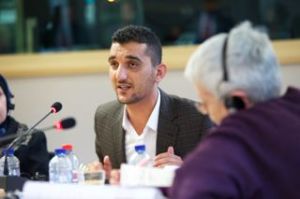
Ezidi Solidarity and Fraternity League
Today, more than 300,000 displaced Yazidi live on the streets, in temporary structures, and in Kurdish schools. This is a humanitarian crisis in which people lack the most basic life necessities, where diseases spread among the displaced and homeless, especially to children. The lack of necessary drugs and good sanitation, the overcrowding (one tent or room may house more than 15 people), the primitive and inhumane way displaced people are forced to live has led to the outbreak of diseases. Already nearly 300 deaths of the elderly have ben reported. And because schools have been converted to temporary shelters, there are approximately 5,000 students — in elementary school, high school and university — who could not attend school this year. With the advent of winter, the situation will only worsen: a sharp increase in cases of death among displaced children and the elderly is expected. The Iraqi government and the international community has a human obligation to take direct and immediate action to alleviate this problem with a plan for a sustainable future for those now suffering.
This crisis has all but destroyed the social fabric of the Yazidi minority, characterized by their religion and culture, which links them closely to their land and the temples built on it. Daesh has demolished temples, an act which directly disregards Article 10 of the Iraqi Constitution which guarantees the freedom to practice religious rites, and Article 43, which ensures freedom of worship and the protection of places of worship. Prying the Yazidi people from their towns, thereby denies them the right to exercise their religious freedom and perform their cultural rituals.
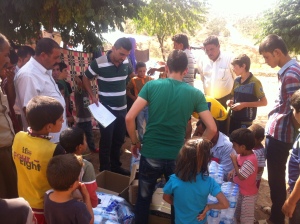
Ezidi Solidarity and Fraternity League
The following actions should seen as the highest priority by the international community and international organizations:
- Help to liberate the women and children abducted by Daesh.
- Open a center — in coordination between Baghdad and Erbil, and the UN Mission in Iraq (UNAMI) — where victims of Daesh can be formally registered and violations can be officially documented.
- Work to make the UN and the international community recognize the genocide that took place against the Yazidi religious minority in northern Iraq.
- Support the efforts of Ezidi Solidarity and the Fraternity League who drafted a resolution together with their local and international partners that holds the Iraqi government responsible for to protecting the rights of minorities, ensuring them wider social, political and economic rights, and to support and preserve their cultural and religious identities.
Recommended actions for ICSSI:
- Push the Iraqi government to work with Iraqi civil society organizations to develop a realistic plan for dealing effectively with displaced people. Such a plan should include:
- Relocation of survivors, and provision of the necessities needed for a decent living.
- Compensation of lost property for those who have been displaced.
- Recognition by the Iraqi government (by the parliament and new laws) that what happened in Sinjar constituted genocide.
- Opening of centers for social and psychological rehabilitation for surviving women and their families, in order to help them to reintegrate into their communities, which are often quite traditional and devout.
- Support for civil society organizations allowing them to contribute to the protection of minorities, and the redevelopment of those towns and cities that deteriorated under Daesh occupation.
- Adoption by ICSSI of a realistic action plan focusing on minorities in Iraq and working with them from 2015-2017. This plan should aimed at guaranteeing human rights and protecting minorities and depends on the points made above relating to the Iraqi government.
- Increase efforts by ICSSI in the support of the Fraternity League in documenting all violations that occurred under Daesh occupation. They should be recorded and archived with the United Nations to be used as legal evidence in future trials of those who have committed, contributed to or incited the killing, captivity, kidnapping and/or destruction of the Yazidis, as well as those who contributed to the displacement of tens of hundreds of civilians from their villages. These violations are incompatible with both the Iraqi constitution, as well as human rights conventions and international human rights’ law, specifically the Convention for the Protection of minorities (1992) issued by the General Assembly of the United Nations.

